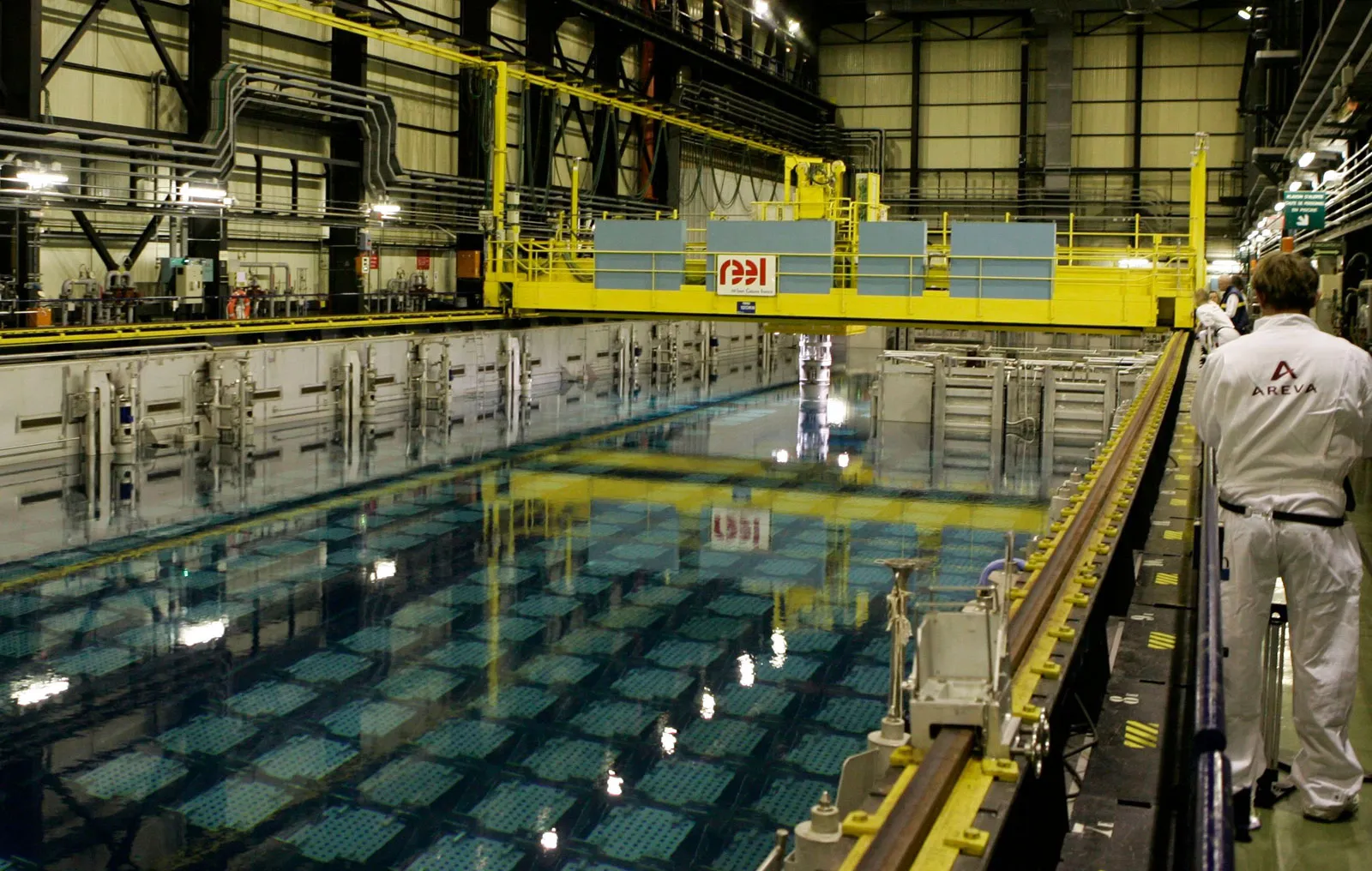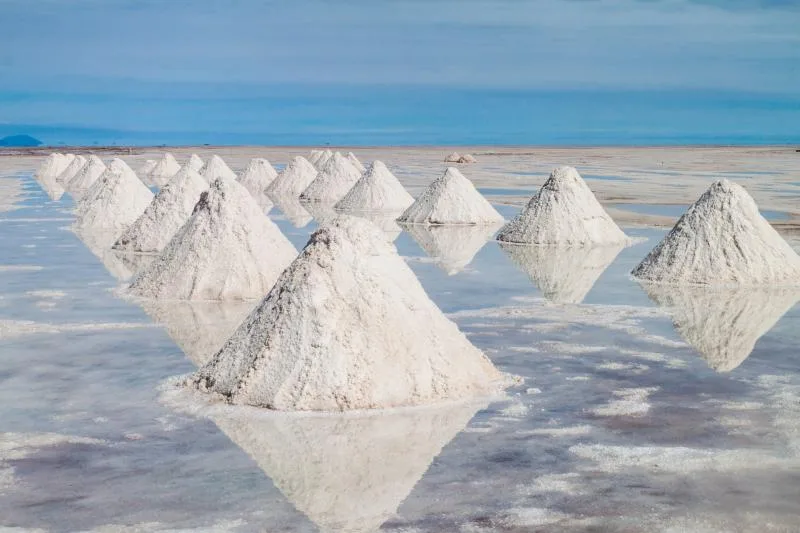Tokyo – The Japanese national cabinet has introduced a new policy to step up the advancement of new nuclear reactors and has also approved an extension of the lifetime of nuclear reactors beyond 60-years,
The new nuclear policy, announced at a press conference, is a move seen as a crucial next step in a nuclear renaissance for the country.
The Japanese government said it intends for the next-generation of nuclear reactors to be online by the 2030s, part of a major green energy policy approach to climate change.
As part of the strategy, new nuclear reactors can also be build at the location of existing reactors.
Bills pertaining to the new green nuclear energy policy will be introduced to Japan’s Parliament in the coming weeks.
“The government’s “green transformation” policy features extensive use of nuclear power along with renewable energy and marks a major policy shift for the country, which suffered a devastating nuclear disaster in 2011,” Japan Daily reported.
According to World Nuclear News, in 2022: Japan’s Nuclear Regulation Authority approved a draft of a new rule that would allow the reactors to be operated for more than the current limit of 60 years. Under the amendment, the operators of reactors in use for 30 years or longer must formulate a long-term reactor management plan and gain approval from the regulator at least once every 10 years if they are to continue to operate.”
In an interview with the Financial Times, Japan’s Minister for Energy Hiroshi Kajiyama said that nuclear was a vital component of ensuring Japan becomes a carbon-neutral economy by 2050.
“Personally, I think nuclear power will be indispensable,” Mr Kajiyama told the London newspaper.
The Minister, who has worked in the nuclear industry previously, believed renewable energy was a less attractive area of investment for Japan than for other nations, the report said.
“Japan’s geographical constraints mean it is not as easy to introduce renewables as in Europe or North America,” Mr Kajiyama told FT.
Japan has been experiencing some of the highest energy costs in the world across 2022, with the price of gas and coal soaring due to supply constraints and the Russian war on Ukraine.






